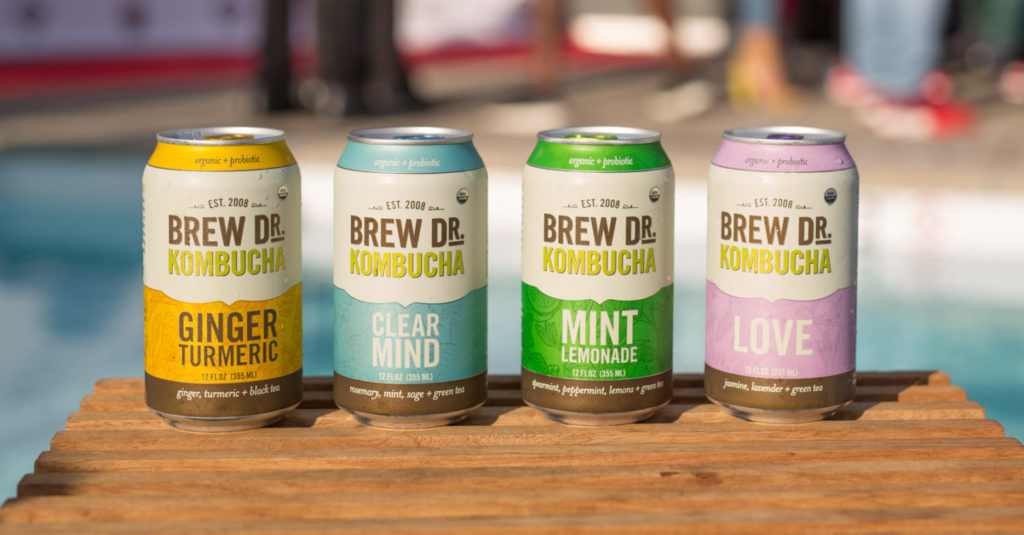Twenty years ago, a fermented tea with a slimy bacterial culture in it would not be considered as a top beverage choice for the majority of US consumers. However, this fizzy probiotic drink has come a long way from being a misunderstood ancient beverage. In fact, Kombucha products are expected to reach up to $1.8 billion in sales by 2020 and according to Brew Dr., a popular North American kombucha brand, the beverage has even more potential in the mainstream market.
The probiotic drink, which originated in China during 220 B.C., has made its way to becoming one of the most in-demand health beverages in the millennial market. Hailed for its health properties, the product can now be found in the portfolios of major beverage companies such as Pepsico. However, the beverage is considered to be a premium product and is commonly found in glass bottles.
Although glass bottles are a great way to promote transparency and add to the premium positioning of products, perhaps there is more money in accessibility. With kombucha already being a popular beverage in the health-focused millennial market, a major kombucha manufacturer has their eyes on mainstream consumers.
“The fact remains that still just a small percent of the population even has an idea of what kombucha is,” said Matt Thomas, founder and CEO of Brew Dr. Kombucha to the New Hope Network. “There is a huge opportunity to continue educating and innovating on kombucha in the United States. ‘Kombucha’ is a funny word. Fermented tea with bacteria and yeast is a funny idea. And for a long time, it was seen as a yoga-hippie drink.”
Thomas believes that increasing the accessibility of kombucha products across the United States will increase the awareness of the product’s health benefits and in turn foster more kombucha consumers. This is why his company Brew Dr. has launched a line of kombucha beverages which are packaged in aluminum cans.
Similar to beer packaging, Brew Dr. canned kombucha beverages come in four packs. The company’s marketing campaign frames these canned beverages as the perfect addition to on-the-go lifestyles and social gatherings. This transforms the premium beverage into a drink for any occasion.
“Kombucha is coming out of its infancy,” said Thomas. “And all the brands have grown up in the single-serve glass bottle that indicates craft and quality. The can gives us an opportunity to be stocked and consumed everywhere—where glass can’t be.”
In addition, Brew Dr. kombucha cans can be crushed and recycled, which makes them easy to carry and some may argue that aluminum cans are less harmful to the environment than glass bottles. In fact, aluminum cans are recycled more frequently than glass containers: aluminum has a 67 percent recycling rate, whereas glass has a 26.4 percent recycling rate.
Considering the fact the retail sales (excluding the sales data from Whole Foods and Costco) of kombucha drinks grew 37.4 percent to a value of $556 million in 2017 alone, it’s no surprise that the drink has even more sales potential. Taking Thomas’s expertise in the kombucha industry into account, the mainstream market is a natural next step for this fermented beverage.
So it seems that stepping down from premium positioning might be a step towards premium profits.












Join or login to leave a comment
JOIN LOGIN